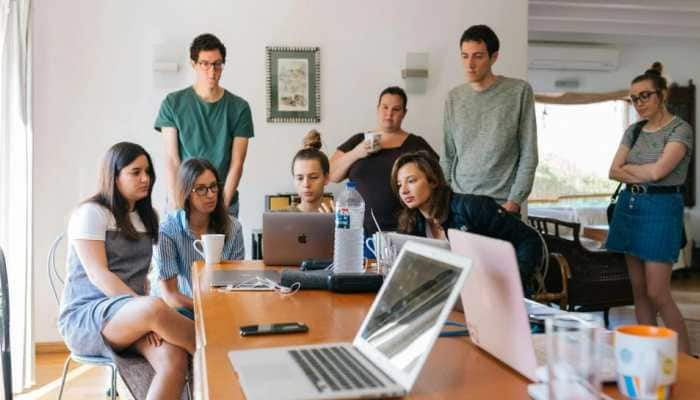New Delhi: With assembly elections in Gujarat a little more than a month away, a key issue is how the outcome will impact the many cases related to the 2002 communal riots that are under way in various courts. The answer, activists and jurists say, is: Well, not much.
"Political outcomes do not have much to do with judicial pronouncements. Fortunately, we have a robust and independent judiciary," said prominent Mumbai-based activist Teesta Setalvad, who has been fighting for the victims and survivors of the riots for more than a decade now.
Most activists and jurists agree with Setalvad that a change in government won`t impact judicial decisions. "The judiciary is fairly insulated from executive authority in India," says Supreme Court advocate K.T.S. Tulsi, a former additional solicitor general of India.
New Delhi-based activist Shabnam Hashmi agreed. "As long as the courts are supportive, as long as they do not turn to the right, the process of justice will continue unhindered," Hashmi told IANS.
The 2002 riots were triggered by the torching of the two coaches of the Sabarmati Express at Godhra station, allegedly by a Muslim mob on Feb 27, 2002. The coach was carrying `Ramsevaks` returning from Ayodhya to Ahmedabad. Fifty-eight ramsevaks, including 25 women and 15 children were killed in the attack.
In the ensuing riots, 790 Muslims and 254 Hindus were killed and 223 people were reported missing. Over 500 places of worship were damaged, while 61,000 Muslims and 10,000 Hindus fled their homes.
NGOs and activists have accused the government of Chief Minister Narendra Modi of insufficient action over the riots and even encouraging them.
Another factor which will insulate the cases from political interference is the highest court in the land.
"Because there were instances of political interference in the past, the Supreme Court has now personally stepped in and is currently monitoring the progress in the cases (relating to the Gujarat riots). That is a big help," Tulsi said.
That said, activists and jurists feel that if the Congress comes to power, it will make a difference, albeit a small one.
"In the past 10 years, there has been very little effort to book the criminals. Indeed, the government has shied away from doing so. Still, if a Congress government comes to power, there will be more freedom and less inhibition and pressure," said Mukul Sinha of the Ahmedabad-based Jan Sangharsh Manch, which has been fighting for the riot victims and survivors.
Tulsi agreed. "If the Congress comes to power, the cases will be pursued more objectively. And if anyone tries to interfere, the Supreme Court is always there to apply restraint."
Hashmi felt that while the Gujarat poll result won`t affect the riot case proceedings, their larger implications must not be lost upon anybody. "Narendra Modi is envisioning a greater role at the centre through a victory in these polls. If he becomes prime minister, it will have implications for democracy in this country."
For Sinha, it was not the riot cases but the ones concerning staged shootouts that will be in the spotlight in the days to come. "We have the Ishrat Jahan and the Sadiq Jamal cases where top police officers, the former home minister (Amit Shah) and probably even the chief minister might be involved. What will be interesting is how these cases progress if the BJP comes back to power," Sinha said.
What is the current status of the riot cases? The primary phase in most of the cases is largely over. Judgements have been handed out in the five most prominent massacre cases including Godhra, Sardarpura, Deepda Darwaza, Ode and Naroda Patiya," Sinha said.
"Two major cases are pending though: Naroda Gam, which is important as now-convicted minister Maya Kodnani is an accused in the case along with VHP general secretary Jaideep Patel and Gulberg Society. The trial is pending halfway in both these cases," Sinha noted.
The Gujarat polls will be held Dec 13 and 17. Votes will be counted on Dec 20.
IANS







)
)
)
)
)
)
)
)
)
)
